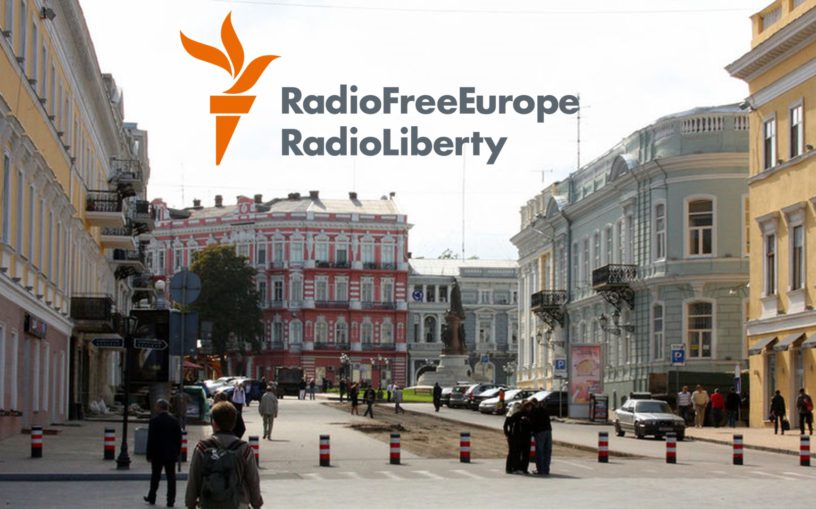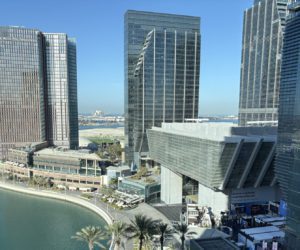By Dan Byrne for AMLi
A US GOVERNMENT-BACKED news service has criticised what it calls the ‘especially high levels of corruption,” in Odessa, Ukraine’s third-largest city.
Radio Free Europe – sometimes known as Radio Liberty – has suggested that the city, a prominent tourism centre and important Black Sea port, is a ‘tarnished gem’ due to the large amounts of perceived political corruption.
The organisation leaned especially heavily on corruption within the construction sector, evidenced by large, unfinished building projects – with one example resembling a “huge concrete hulk thrusting itself into view from below.”
The unchecked housing development frequently violated local building codes “thanks to dubious documentation and complicit officials – and then result in major losses for investors if the projects to belly-up,” the outlet said.
Radio Free Europe a US-funded organisation with a focus on news developments in central and eastern Europe, as well as western Asia.
It has its roots in the Cold War era – originally crafted as a way to combat Soviet-style propaganda in USSR satellite states.
In more recent times, it has tended to split its focus on countering disinformation from Russian media outlets and maintaining a presence in countries with perceived democratic backsliding.
The outlet re-launched it’s Romanian, Bulgarian and Hungarian in the past two years in accordance with this policy.
Its recent take on Odessa’s troubles has linked the corruption problem with Russian influence in Ukraine as a whole.
It’s an issue which has repeatedly come to the forefront in the last decade through events like the Euromaidan protests, the Russian annexation of Crimea and the separatist actions in Eastern Ukraine which continue to this day.
According to Radio Free Europe, Odessa is a city where the wider issue of corruption in Ukraine is “particularly acute,” citing interviews with local officials and real-estate experts.
It stressed how current Ukranian President Volodymyr Zalanskiy had previously acknowledged the city as a “smuggling haven,” – alongside a local lawyer’s calculations that 76% of new apartment buildings in the city are risky investments, compared to 55% in Kiev, the capital.
Activists who spoke to the outlet have claimed that the city’s real-estate corruption stems from a collaboration between developers and crooked officials – with investors being the people generally pay the financial price.
Share this on:
Follow us on:








